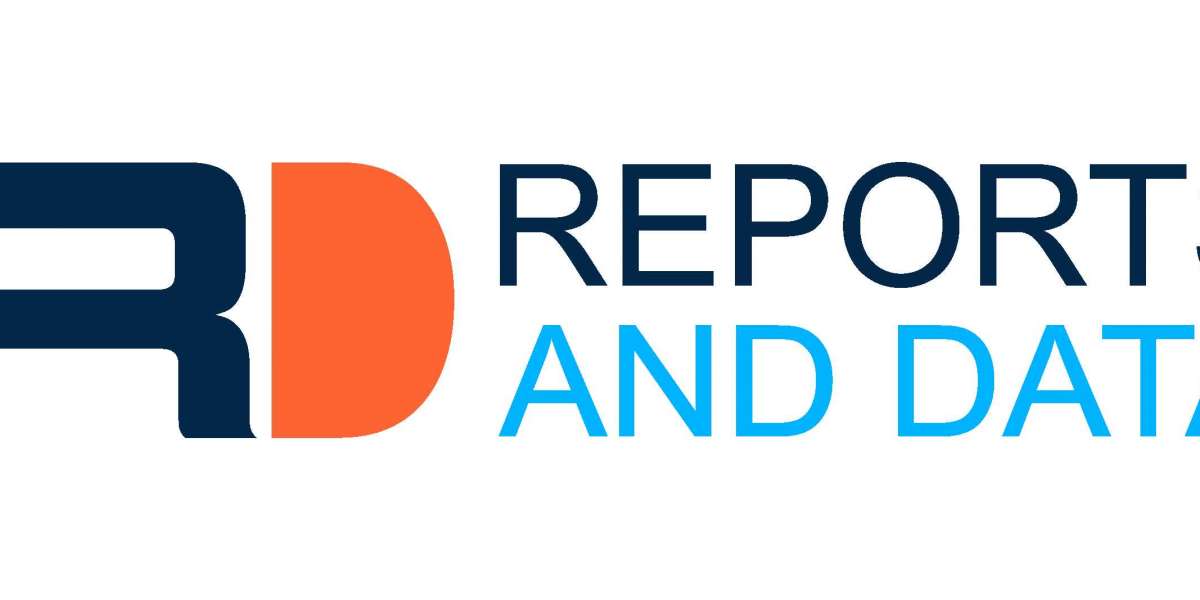In the intricate world of personal and business finance, the importance of credit rating cannot be overstated. A credit rating is a numerical representation of an individual's or a company's creditworthiness, offering valuable insights to lenders and creditors. This comprehensive guide on credit card payment processing solutions by some of the best credit card payment companies will delve into the significance of credit ratings, their impact on financial decisions, and the various types of credit ratings that shape the financial landscape.
Understanding Credit Rating
A credit rating is essentially a quantifiable assessment of the creditworthiness of an individual or an entity, indicating the likelihood of timely repayment of debts. This assessment is carried out by credit rating agencies, which use a range of factors to evaluate financial stability and credit risk.
Importance of Credit Rating
Access to Credit
Perhaps the most evident importance of a credit rating is its role in determining whether an individual or business qualifies for credit. Lenders, including banks and financial institutions, rely on credit ratings to assess the risk associated with lending money. If you want to explore credit card payment processing solutions by some of the best credit card payment companies, a higher credit rating should translate to easier access to credit at favorable terms.
Interest Rates and Terms
Credit ratings directly influence the interest rates and terms offered on loans and credit products. Individuals or businesses with high credit ratings are perceived as lower-risk borrowers, leading to more favorable interest rates and flexible repayment terms. Conversely, lower credit ratings may result in higher interest rates and more stringent terms.
Loan Approval and Limits
A positive credit rating enhances the likelihood of loan approvals, while a negative credit rating can lead to rejections. Moreover, credit ratings play a pivotal role in determining the maximum loan limits a borrower can access. Higher credit ratings typically result in higher loan approval amounts.
Employment Opportunities
Some employers, especially in roles that involve financial responsibilities, may consider an applicant's credit rating during the hiring process. While this practice is not universal, a strong credit history may be seen as an indicator of financial responsibility and stability.
Insurance Premiums
In certain jurisdictions, credit ratings are used to calculate insurance premiums. Individuals with higher credit ratings may qualify for lower insurance premiums, as they are perceived as lower-risk policyholders.
Negotiating Power
A favorable credit rating provides individuals and businesses with negotiating power when dealing with lenders. Borrowers with excellent credit can often negotiate better terms when it comes to accessing credit card payment processing solutions by some of the best credit card payment companies, including lower interest rates and fees, putting them in a stronger financial position.
Financial Opportunities
A positive credit rating opens doors to various financial opportunities, including the ability to invest, access financial products with attractive returns, and participate in credit card reward programs. Individuals with strong credit histories are often considered more trustworthy in the financial realm.
Types of Credit Ratings
Personal Credit Score
The most common type of credit rating, the personal credit score, assesses an individual's creditworthiness. Ranging typically from 300 to 850 in the United States (with higher scores indicating better creditworthiness), this score considers factors such as payment history, credit utilization, length of credit history, types of credit in use, and new credit.
Business Credit Rating
Aimed at evaluating the creditworthiness of businesses, the business credit rating considers factors like the company's payment history, outstanding debts, size, industry, and public records. It helps lenders assess the risk associated with providing credit to a business entity.
Credit Rating for Municipalities
Municipalities, cities, and local governments also undergo credit assessments. This type of credit rating evaluates a municipality's ability to meet its financial obligations, issue bonds, and manage its finances responsibly.
Sovereign Credit Rating
Sovereign credit ratings assess the creditworthiness of countries. Governments with higher credit ratings are considered more stable and reliable borrowers, attracting foreign investment and enjoying favorable terms when issuing government bonds.
Credit Rating for Securities
Securities, such as bonds and stocks, are assigned credit ratings to indicate the level of risk associated with investing in them. Investors use these ratings to make informed decisions about the risk and return potential of various investment options.
Structured Finance Credit Ratings
Structured finance credit ratings are assigned to financial instruments that are typically complex and involve multiple layers of risk. Examples include mortgage-backed securities and collateralized debt obligations. These ratings help investors understand the risk profiles of such instruments.
Factors Influencing Credit Ratings
Payment History
The most significant factor influencing credit ratings is payment history. Timely payments positively impact credit ratings, while late or missed payments can result in a lower score.
Credit Utilization
Credit utilization, the ratio of credit used to the total available credit, is another crucial factor. Lower credit utilization is generally viewed positively, as it indicates responsible credit management.
Length of Credit History
The length of one's credit history is considered. A longer credit history provides more data for evaluation and can positively impact credit ratings when it comes to credit card payment processing solutions by some of the best credit card payment companies.
Types of Credit
Having a diverse mix of credit types, such as credit cards, installment loans, and mortgages, can contribute positively to credit ratings.
New Credit
Opening multiple new credit accounts within a short period can be viewed as risky behavior and may negatively impact credit ratings.
Public Records
Bankruptcies, tax liens, and other negative public records can significantly impact credit ratings, indicating financial distress or instability.
Tips for Maintaining a Positive Credit Rating
Pay Bills on Time
Timely payment of bills is crucial for maintaining a positive credit history. Consider setting up automatic payments to avoid missing due dates.
Monitor Credit Reports
Regularly review your credit reports for inaccuracies or fraudulent activities. Promptly address any discrepancies with credit reporting agencies.
Manage Credit Utilization
Keep credit card balances low relative to credit limits to maintain a healthy credit utilization ratio.
Avoid Opening Too Many Accounts
Opening multiple new credit accounts within a short period can be perceived as risky behavior. Only open new accounts when necessary.
Diversify Credit Types
Having a mix of credit types, such as credit cards, installment loans, and mortgages, can positively impact credit ratings.
Be Cautious with Credit Inquiries
Limit the number of credit inquiries, especially within a short time frame, as excessive inquiries can hurt credit ratings.
Conclusion
In the financial landscape, a solid understanding of the importance of credit ratings is vital for individuals and businesses alike, especially when it comes to credit card payment processing solutions by some of the best credit card payment companies. These ratings serve as gatekeepers to financial opportunities, influencing access to credit, interest rates, and various financial products. Whether it's a personal credit score shaping an individual's financial journey or a business credit rating defining a company's creditworthiness, the impact is far-reaching. By comprehending the factors that influence credit ratings and adopting prudent financial habits, individuals and businesses can navigate the credit landscape effectively, securing a prosperous and stable financial future.








